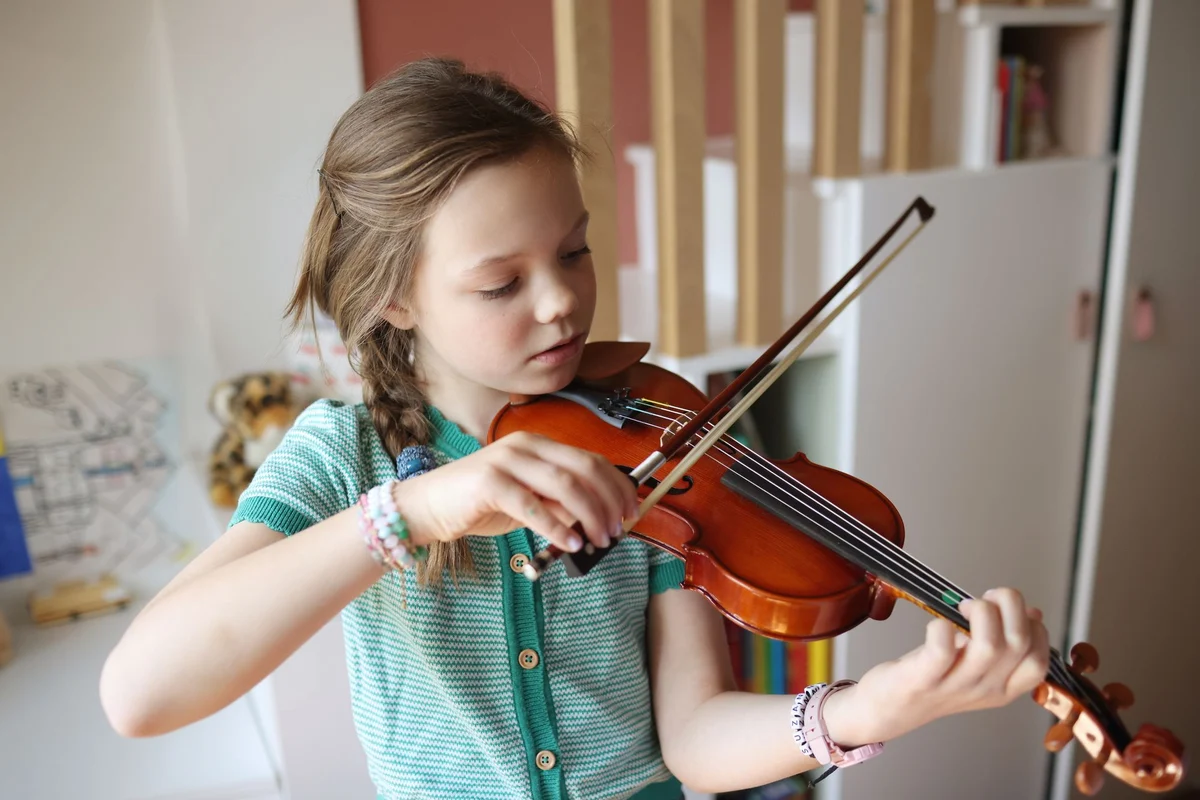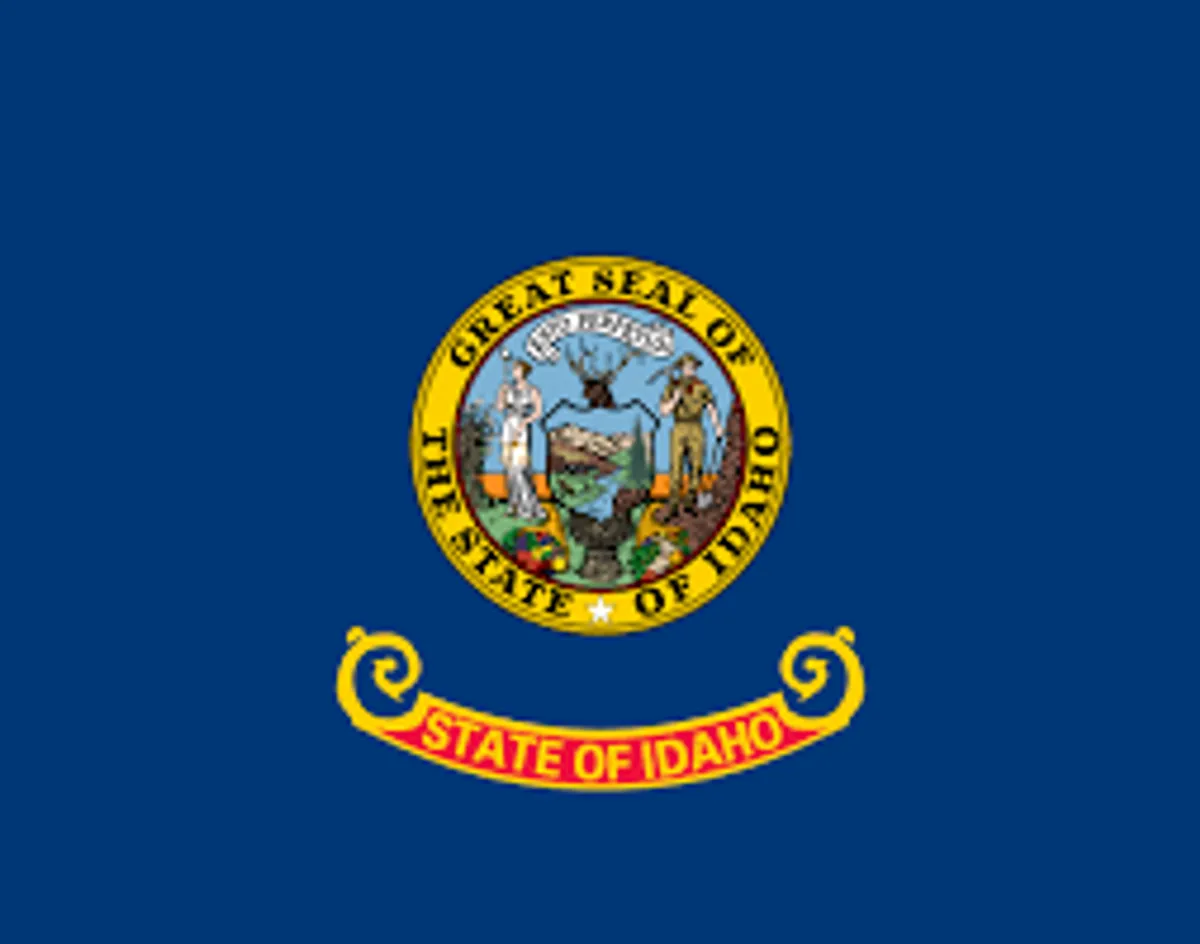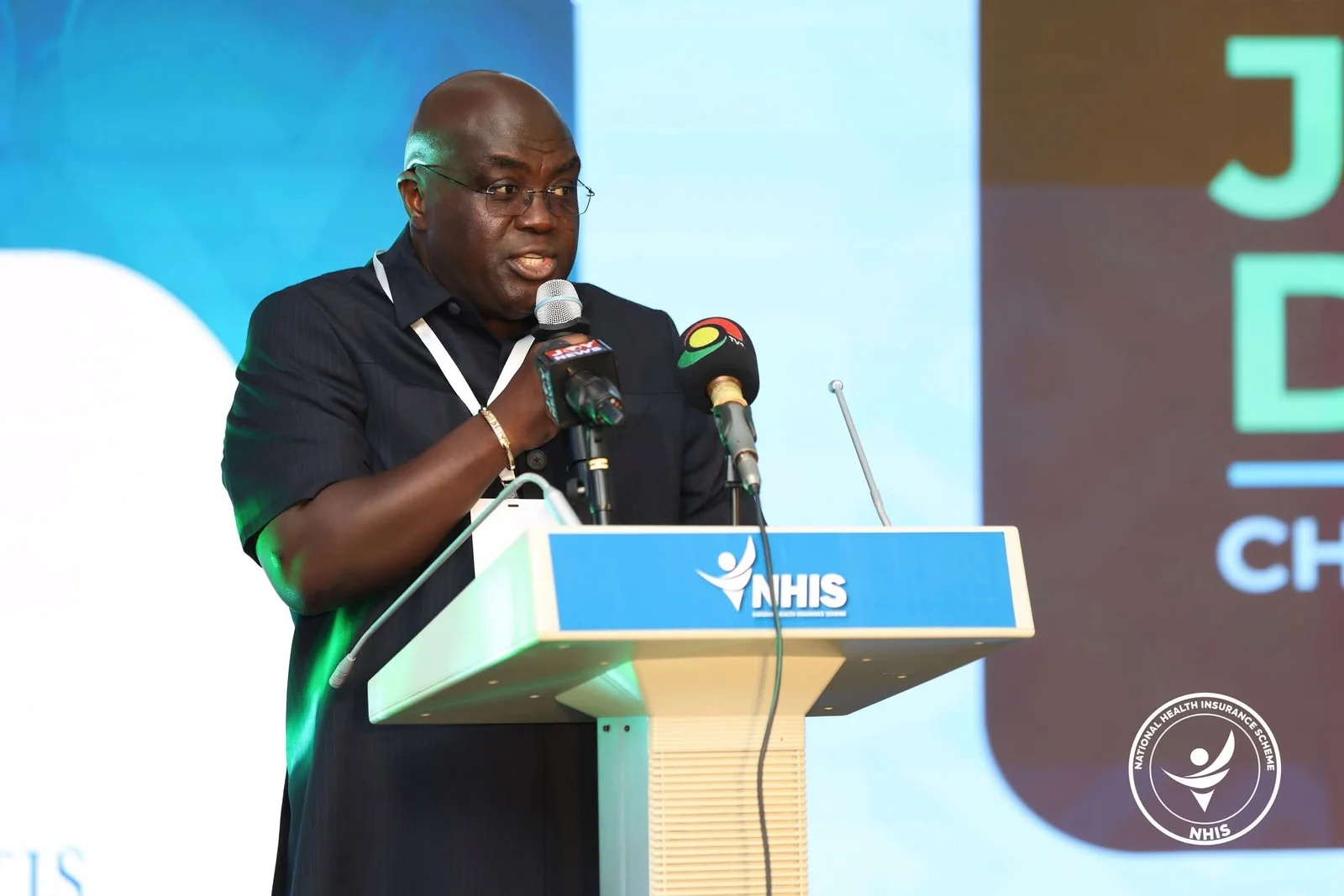Copyright standard

After more than a decade of watching the arts vanish from school corridors, the Government has finally changed its tune. In a major education shake-up, ministers have scrapped the EBacc the rigid academic benchmark that side-lined creative subjects - and pledged to put the arts back at the heart of the national curriculum. The move is part of The Curriculum and Assessment Review (CAR), a report led by Professor Becky Francis and published today by the Department for Education. The Royal Ballet and Opera has called the decision “an investment in our future”, praising the reforms as a chance to restore creativity, empathy and joy to the classroom - things that don’t tend to show up in a multiple-choice test. Chief Executive Alex Beard said: “The Government has today empowered future generations to engage with the arts, nurturing creativity, empathy, critical thinking and wellbeing. I am delighted to see this crucial investment in our future.” In practical terms, the changes mean that subjects like music, dance and design will no longer be treated as optional extras but as core parts of every child’s education. The Government plans to refresh national programmes of study, reform the Progress 8 accountability measure, and support teachers with new training and resources to deliver arts-rich lessons confidently. For many in the sector, it’s a long-awaited encore. The EBacc, introduced in 2010, pushed schools to prioritise academic subjects such as maths, science and history often at the expense of music rooms, drama studios and design workshops. Arts organisations have since warned of a “lost generation” of children who never got the chance to sing, draw or dance in school. That might now change. Jillian Barker, Director of Learning and Participation at the Royal Opera House, said the reforms would help ensure that “every child can enjoy an arts-rich education without any limit to ambition or achievement”. She added: “Now more than ever we need the new National Centre for Music and Arts Education to support teachers, empower senior leaders, and transform opportunities for young people to express their creativity.” The Royal Ballet and Opera says it stands ready to work with schools, teachers and Music Hubs to help deliver the new curriculum, ensuring that teachers have the tools and confidence to bring the arts back into everyday learning. The message is clear: creativity isn’t a luxury - it’s a necessity. After years of league tables and test scores ruling the day, Britain’s classrooms are set to sound a little different. And if all goes to plan, some of the next generation might just swap their calculators for clarinets.



